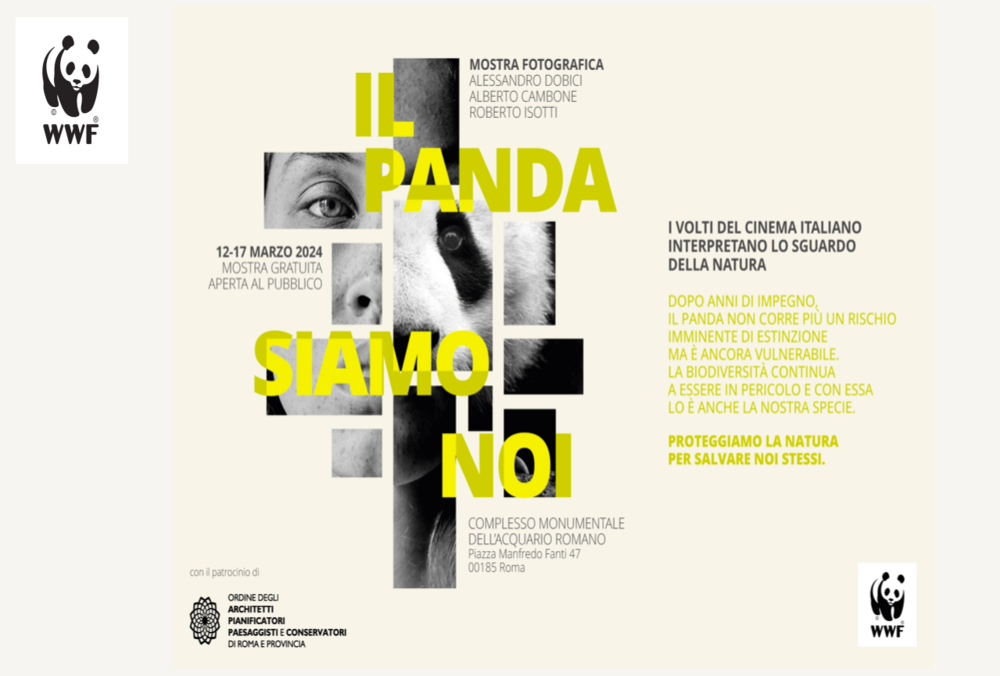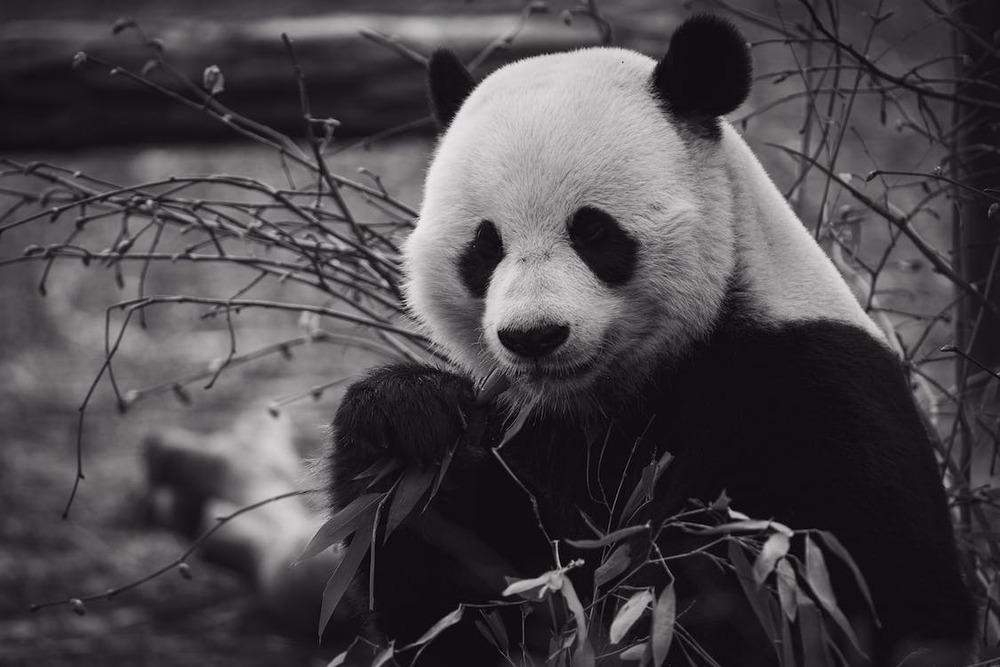Il WWF chose the day dedicated to Charles Darwinfather of evolutionism, to kick off the campaign Our Natureemphasizing that humanity still has the ability to influence its own evolutionary destiny: become extinct or coexist harmoniously and collaborate with nature.
WWF report and ecosystem services
In the recent report published on the occasion of Darwin Day, the February 12titled Domino effect: preserving species so we don’t go extinctthe fundamental role of the so-called clearly emerges “ecosystem services” in supporting the development and prosperity of our societies: 35% of agricultural production depends oninsect pollinationhowever in Europe and North America almost 50% of existing species are in decline and a third are at risk of extinction. Organisms such as ants and other arthropods also contribute to the decomposition of organic matter and mineralization of the soil. There food safety it is further threatened by the degradation of soil quality, which has affected a third of the Earth’s surface, caused mainly by deforestation, intensive agriculture, pollution and the climate crisis.
Since 1950, over 35% of arable land has been degraded, adding to the loss of the soil’s ability to absorb CO2 when depleted or deprived of its organisms. Regarding species, for example, i bats which feed on fruit in some tropical forests they contribute to the natural regeneration of their environment by spreading seeds: without them, forests become more vulnerable and less productive, with negative consequences also for local human communities.
Biodiversity loss: the impacts on health
The Loss of biodiversity can have impacts on human healthas demonstrated by the spread of the COVID-19 pandemic and other diseases transmitted by pathogens, often the result of ecosystem destruction and unsustainable species management. The report also highlights the role of vultures in limiting the spread of pathogens, as happened in Asia, where the lack of vultures has favored the spread of diseases such as rabies and other infections.
Salt’Africa would lose all his elephantsthe storage capacity of would be compromised about 3 billion tons of carbon, a key factor in current climate change. This is because the pachyderms of African tropical forests willingly feed on faster plants and trees, neglecting those with slower growth which, having a greater density of wood, contribute most to the accumulation of carbon.
The presence of wolves in the woods is also fundamental to regulate the pressure on vegetation exerted by herbivores, such as deer, roe deer and wild boars, which can influence the biodiversity of vegetation and the regeneration of woodland environments.
A well-functioning forest ecosystem regulates rainfall flow, filters water and provides drinking water. When the ecological capacities of forests are exhausted, thewater it can become a vector of dangerous pathogens. Many species of filter-feeding organisms, such as freshwater mussels, which contribute to the quality of drinking water, are already extinct or on the verge of extinction.
Ocean inhabitants and their contribution to climate change mitigation
Ocean inhabitants play an essential role in mitigating climate change. The whalesil phytoplankton e even him sharks contribute to the absorption of carbon, helping to stabilize the environmental balance.
Whales, for example, can absorb up to 33 tons of CO2 each, but only a quarter of their original population survives today.
Il phytoplankton plays a crucial role inoceanic ecosystem, serving as the foundation for the entire food chain. These tiny marine creatures contribute significantly to oxygen productionrepresenting at least 50% of everything present in the atmosphere.
Every year, phytoplankton is able to capture approx 37 billion cubic meters of CO2, equivalent to 40% of total emissions. This quantity is comparable to that absorbed by 1.7 trillion treeswhich corresponds approximately to four Amazon forests.
Also sharks e Stingrayalthough often persecuted, they help to retainafter death, at the bottom of the ocean, up to 5 million tons of carbon absorbed by living.
Furthermore, they deliver essential nutrients for phytoplankton and reduce the pressure of marine herbivores. Bluefin tuna maintain the balance of the food chain and release nitrogen which acts as a natural fertilizer for phytoplankton.
Thanks to stricter fishing rules, the fate of many of these species has changed. Even the sea otters play an important role, controlling the populations of marine herbivorous invertebrates that find refuge in the kelpgiant marine kelp forests and thus contributing to the stability of this fragile ecosystem and its carbon storage potential.
WWF: the photographic exhibition “The Panda is Us”
The campaign of WWF aims to achieve the ambitious goal of zero loss of species and habitats by 2030involving citizens, volunteers, local communities and scientists.
Through activities such as events, exhibitions, debates and conservation projects, including habitat restoration and supporting populations of key species, such as the Italian deer, WWF is committed to preserving natural capital to ensure our survival.
The GenerAzioneMare will take to the field during the summer with initiatives for megafauna researchi.e. large marine animals in the Mediterranean, the monitoring of turtles, the protection of sharks and the cleaning of the seabed from pollutants, promoting more sustainable fishing and the protection of marine areas in the Mare Nostrum.
Photo exhibition “We Are The Panda”: where and when
The first public occasion will take place in Roma to the Monumental Complex ofRoman Aquarium, dove from 12 to 17 March the exhibition will be set up, free and accessible to the public, “We are the Panda” organized by WWF. During the event, the works of photographers Alessandro Dobici, Alberto Cambone and Roberto Isotti will transform Italian cinema into a representation of the beauty of nature.


